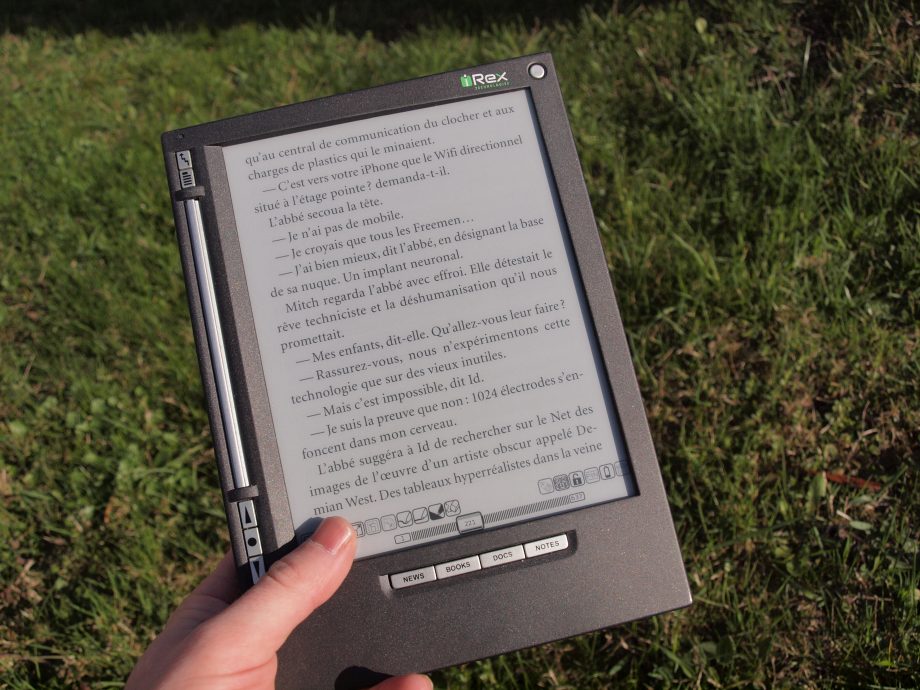Because of the nature of our accelerating technology, the know-how for such information technology rapidly becomes common property benefiting everyone.
The Wonders of Consumer Welfare: An E-Reader Story
In these days when capitalism is under renewed attack and appears particularly unpopular among many of the young, defenders of classical liberalism need to tell stories as well as recite statistics. One of the great fables of capitalism in general and free trade in particular is I, Pencil. This short essay shows how markets create a delusively simple implement only by facilitating complex cooperation among far flung peoples.
It is also important to dramatize the wonder of consumer surplus, showing how goods give more value to most consumers than the amount they pay. Economists rightly stress that consumer surplus tends to be highest under conditions of competition as companies must win consumers by making new and better products and driving down price. Many goods that could not have been imagined two decades ago are now so cheap that they are broadly available to everyone. As a result, high demanders of a good often gain amazing deals where their utility far exceeds the price. I ask my students in my antitrust class to determine the product from which they get the highest consumer surplus, because this reflection drives home the beneficence of competitive markets.
To get my class thinking, I offer my own example: the e-reader. Of course, for many people the e-reader is a useful substitute for printed books. But I would pay twenty or thirty times its modest price, because it suits me perfectly. I read a large number of books for work and pleasure, thus diffusing the cost of the device over a very large volume of book purchases, purchases that are cheaper than physical books because no paper is required.
I have lived in small apartments, making the electronic storage very valuable to me. I also travel a lot for work. In my youth, travel meant lugging around a lot of books and doing without access to the many I could not carry. Now I have hundreds at my disposal in a gadget that weighs much less than one pound. Before the e-reader I would often stumble about, searching for the New York Times in unfamiliar towns. Now I am able to get my dose of morning outrage everywhere I go.
Long lines try my patience. The easy availability of my e-reader keeps me from making public disturbances. Most recently, I am spending a lot of time holding and feeding a sleepy baby. An e-reader lets me read with one hand even in the dark and maintain the illusion that I still have an intellectual life.
The e-reader allows me to test my judgment against others, because I see what passages are most highlighted. I myself can highlight matters that may be useful to my work, even when I am reading for pleasure, far from the office. Thus, for me the e-reader is so many things– from a substitute for real estate to essential baby gear.
Just thinking about these many benefits make me grateful for the system of competitive innovation that makes the e-reader possible. Almost everyone could tell a similar tale about a product that helps transform their life. Such stories can help sustain liberty.

